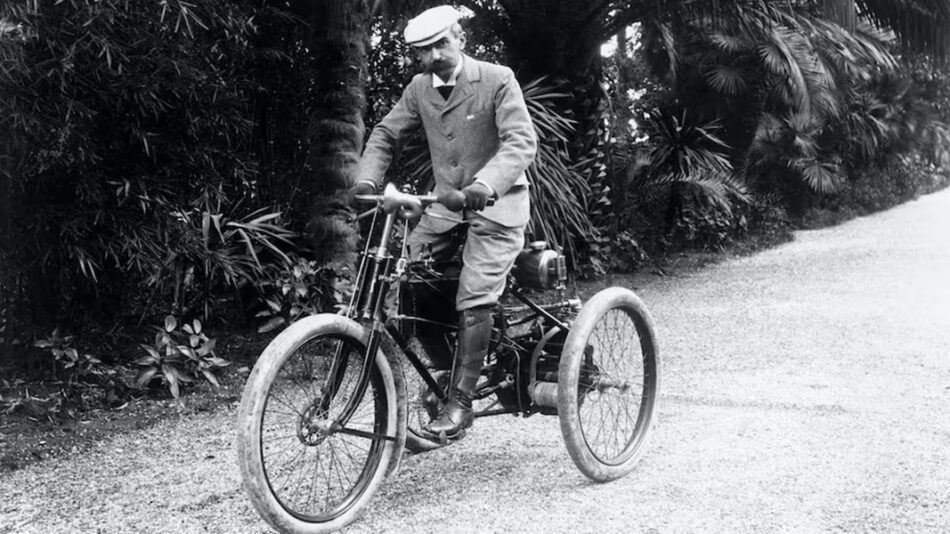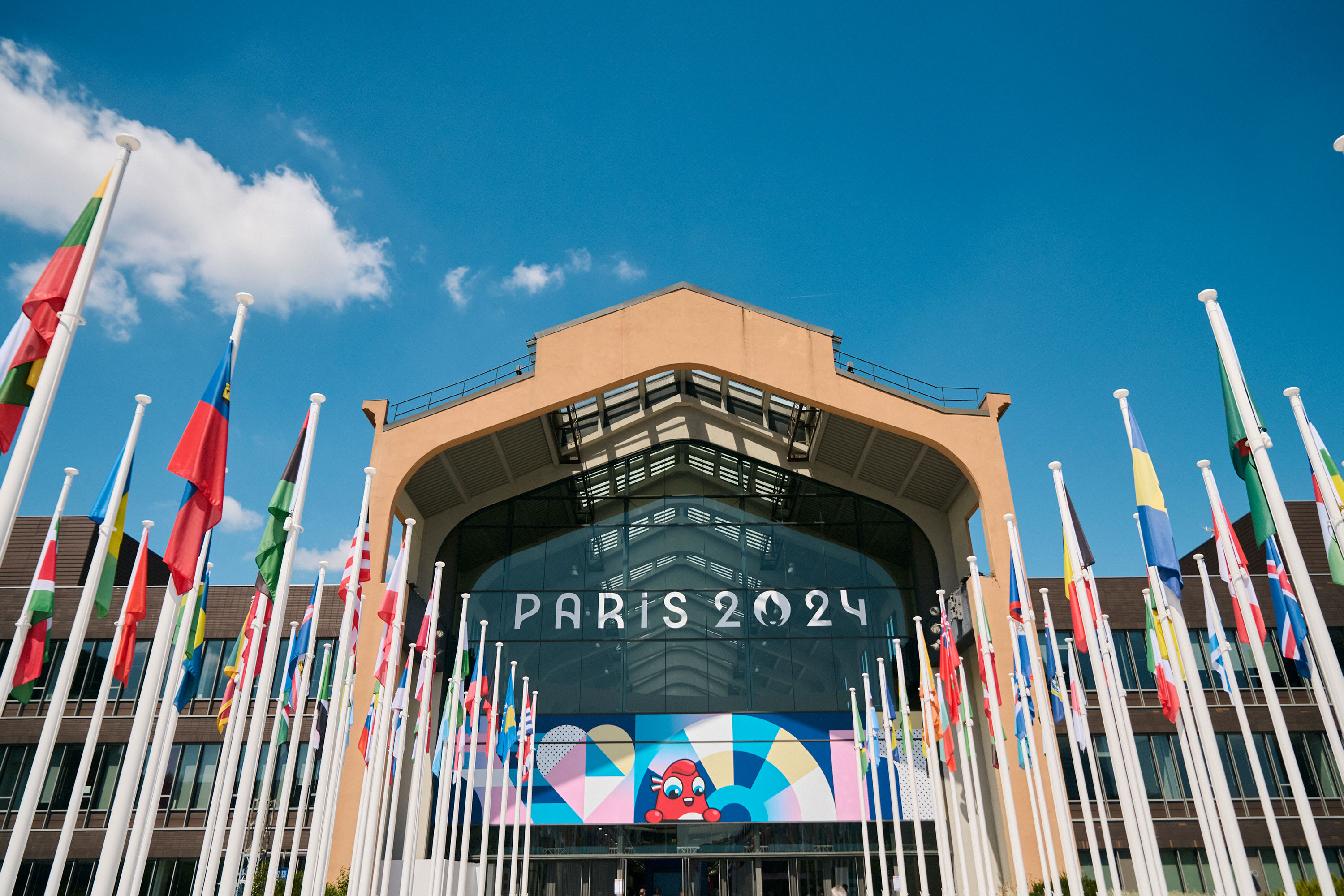Pierre de Coubertin: The colossal legacy of a forgotten hero

21 July 2024 – George Hirthler, author and Executive Board member of the International Pierre de Coubertin Committee, considers how Paris 2024 will provide a stunning reminder of the ever-expanding influence of its almost anonymous native son.
The brilliant innovations of Paris 2024 are destined to mark an evolutionary turning point in the history of the modern Olympic Games. Nothing quite this bold has been attempted before. The dazzling Opening Ceremony on the Seine, the milestone 50/50 achievement in gender parity, and the monumental beauty of venues and fan zones married to Paris’ inimitable landmarks will stun the world and stir the souls of a global audience of more than three billion people.

Ironically, the name of the man who started it all, Pierre de Coubertin – who launched the Games in Paris on June 23, 1894, at the age of 31 – will be largely absent from the festival, as it traditionally has been. Although his name will be evoked by IOC President Thomas Bach, and mentioned by a few dignitaries and journalists, the public will be largely unaware that the world’s most important celebration of humanity owes its origins – and its global success – to the singular work of a bygone visionary. And yet, as Paris will clearly demonstrate, his ideas and his hopes for uniting the world in friendship and peace through sport are becoming ever more relevant and urgent in our divided world.

The gulf between his legacy and his anonymity is as wide as the oceans and continents he crossed to put the Olympic Movement on the map. Today, outside a small circle of historians and Olympic admirers, Coubertin’s name, let alone his story, is all but forgotten. In fact, if you google the 10 most influential people of the 19th century, you’ll get an impressive list of names that includes Abraham Lincoln, Charles Darwin, Alexander Graham Bell, Thomas Edison, Louis Pasteur, Marie Curie and Napoleon, but no Coubertin. And yet, it is not difficult to argue that the relevance, global impact, symbolic power and true meaning of his legacy are more immediate than ever. His name belongs on that list.

Consider the colossus he created. At this moment, more than 200 National Olympic Committees are preparing to celebrate the departure of their teams for Paris. Approximately 14,250 athletes, coaches and officials will arrive in the “City of Light” and settle into the Olympic Village for a fortnight of glorious competition. Thirty-two International Federations will organise 329 events, which will be broadcast and absorbed by billions through every form of modern media.

On the ground in Paris, a staff of 4,000, supported by 45,000 volunteers and 16,000 contractors, will ensure that myriad operational logistics of the Games flow like the Seine. More than eight million tickets have already been sold and some two million Olympic fans will soon descend on the city. Aside from the 20,000 journalists and media representatives covering the Games, those observing the events most closely will be contingents from Los Angeles 2028 and Brisbane 2032 – the next hosts of the Olympic Games – and their winter counterparts from Milano Cortina 2026, plus prospective hosts, the French Alps 2030, and Salt Lake City 2034. The future reach of Coubertin’s legacy is a reality right now.

More importantly, the currency and adaptability of his ideas ensure that every edition of the Olympic Games reflects in some ways the evolution of society and the most pressing issues of the times. That has never been more true than it is today in Coubertin’s hometown of Paris. The 5,250 female Olympians expected to take to the field, achieving full parity with their 5,250 male counterparts for the first time – symbolise the success of a century-long struggle for women’s rights in every field of endeavour. The Refugee Olympic Team – 36 athletes driven from their homes by crises both natural and human-made, who nonetheless rose to the heights of Olympic qualification – throws a spotlight on the inequities suffered by millions of dispossessed people around the world. And with war raging, as the Russian invasion of Ukraine continues into a third year amongst other armed conflicts, the Olympic Movement’s fight for peace is more important than ever.









